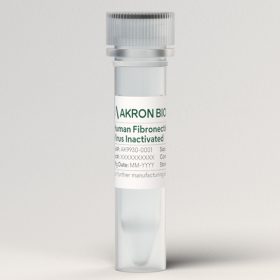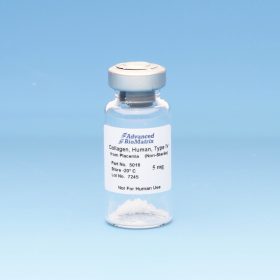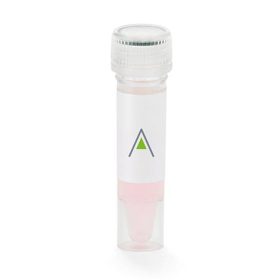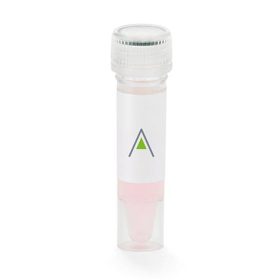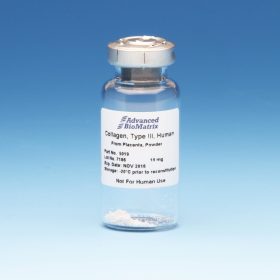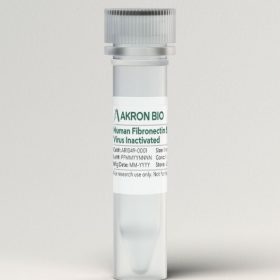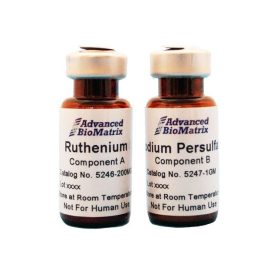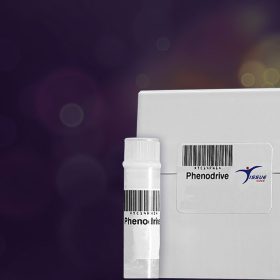Fibronectin is responsible for cell adhesion and migration processes including embryogenesis, wound healing, blood coagulation, host defense, and metastasis.
Features and Specifications:
- Virus-inactivated available
- Bioassay qualified
- In compliance with International guidelines
- Meets U.S. FDA requirements for source plasma
- Available in vials or syringes (closed system)
Quality Statement
Akron’s cGMP Products are manufactured, tested and released in compliance with relevant cGMP guidelines. USP Chapter ‹1043› “Ancillary materials for cell, gene and tissue-engineered products” has been followed in the design of these products.
Fibronectin is an attachment factor that facilitates the attachment and cytoplasmic spreading of all types of anchorage-dependent cells.
Plasma-Derived Fibronectin
Plasma fibronectin (pFN) is secreted by hepatocytes as a major protein component of blood. pFN opsonizes bacteria and helps form clots. Plasma FN is widely used in cell culture to help cells attach to the substrate. It is particularly useful for culturing cells that are incapable of synthesizing their own biomatrix, including stem cells, and for culturing cells in serum-free medium. Akron’s pFN is a clear, sterile, buffered solution with a pH of about 7.0 to 8.0.
The plasma units used in the manufacture of this product have been validated to effectively inactivate pathogenic enveloped and non-enveloped viruses.


